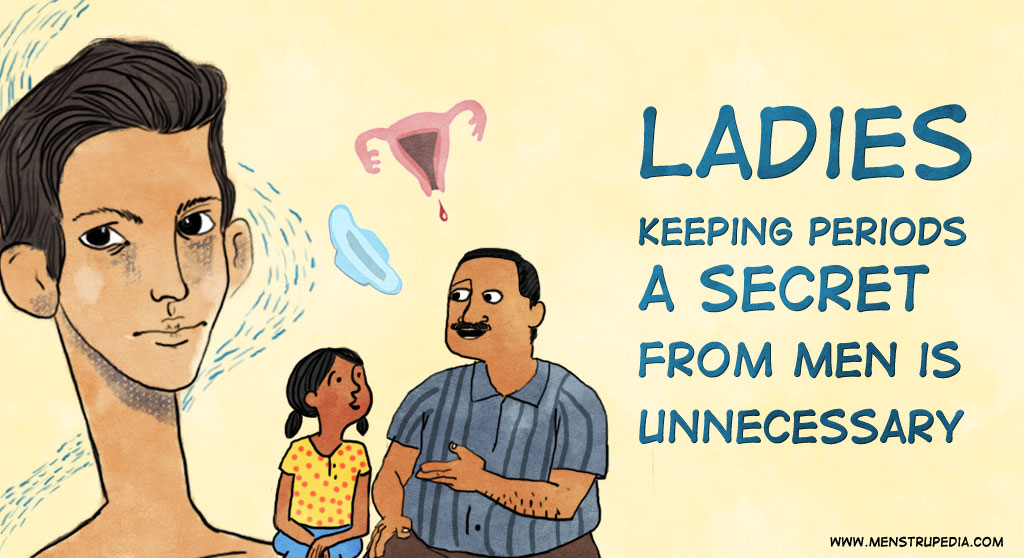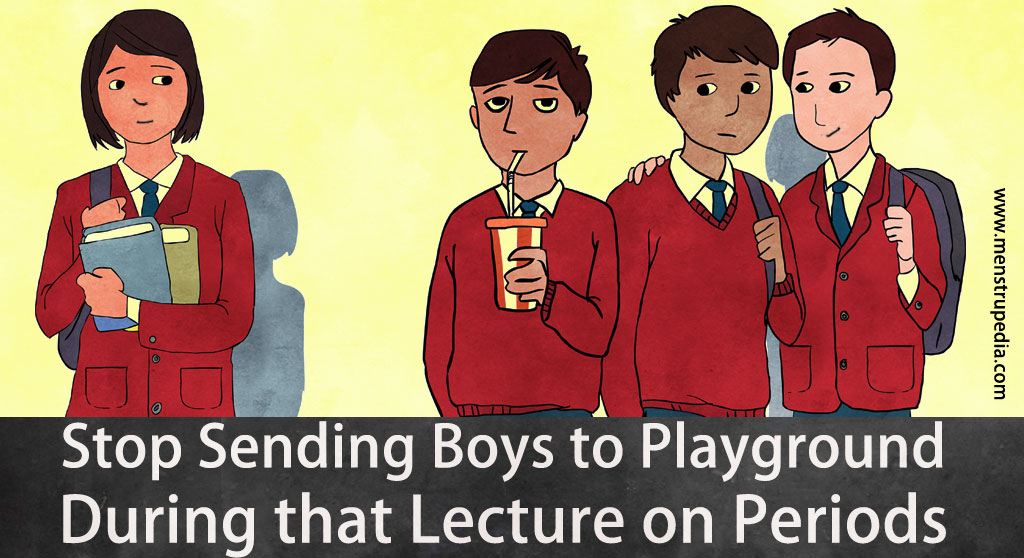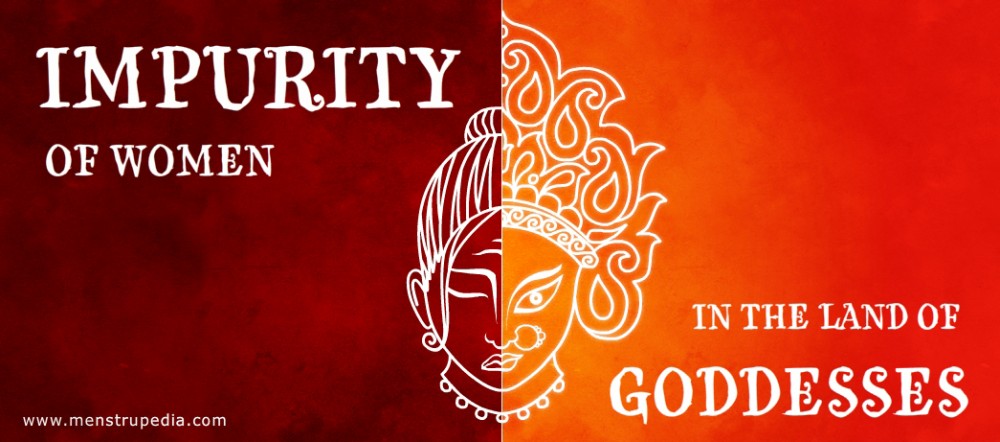“If any tradition has an adverse effect on its people, then we should have the right to say no to it.”
Janadai Nag is a trailblazer among the young girls of her community in Dantewada, Chhattisgarh. She is the first girl in her community to have broken the tradition where menstruating adolescent girls are forced to hide in the jungle for the duration of their periods.
The girls hide in the forest all day long and can come back to the village after sunset. Once here, they have to spend the night in a hut made for them. It’s usually a small hut, with a few leaves and sticks thrown together. Come morning, they must go to the jungle again.
“There was neither any friend to keep company, nor anyone who would visit. Staying alone in that dense forest seemed like a risky thing”, recalls Janadai of her time hiding in the forest.
The practice and taboos around menstruating girls are neither unique to Dantewada, nor to India. They come from a time before toilets, sanitary napkins and have been passed down from grandmother to mother to daughter. Many cultures across the world see a menstruating girl as impure, gross, someone to be shunned. But why?
In all their uncomfortable, painful, messy glory, periods are an indication that a woman can have children. And, isn’t that supposed to be a beautiful thing? However, the sad reality is that even today close to 300 million Indian women face severe health hazards because they have no access to hygienic facilities like toilets and sanitary napkins?
The silence around the issue is deafening. Mothers are hesitant to discuss these crucial facts about growing up, and teachers too are wary because they don’t want to ruffle the old feathers of culture. So, most young girls are left with no one to talk to and periods come as a shock to them. Many end up using dirty cloth rags, or ash or newspapers instead of pads.
For adolescent girls the taboos of their periods pose yet another obstacle in going to school. Where will we change our pads? What happens if someone finds out? What if I touch someone by mistake?
Only few, like Janadai, have chosen to question this. After breaking the tradition herself, Janadai has starting talking to other young girls around her about periods and menstrual hygiene. 5-6 girls have now joined her in shunning the practice. Periods are now a topic up for discussion at the local women’s group!
Power to you Janadai.
Join her, speak up, be proud.
(This video and write-up was originally published on Youtube by VideoVolunteers)









